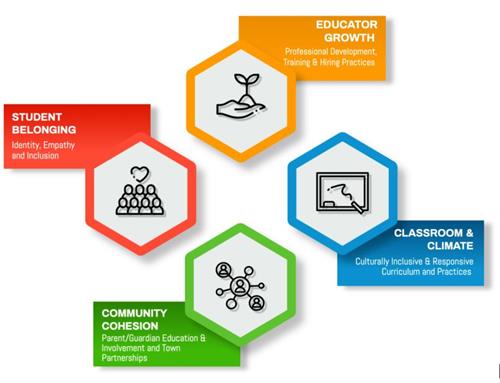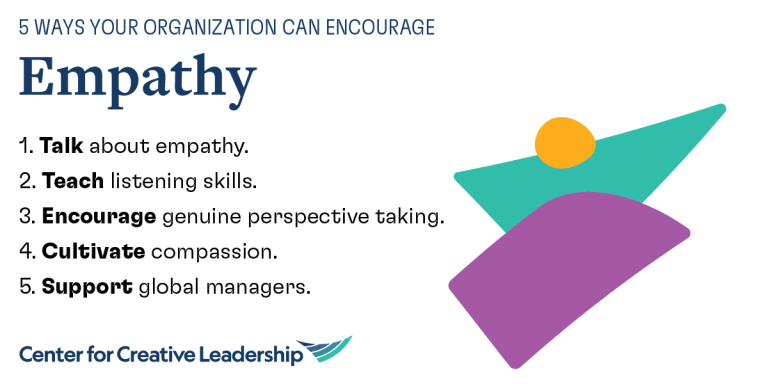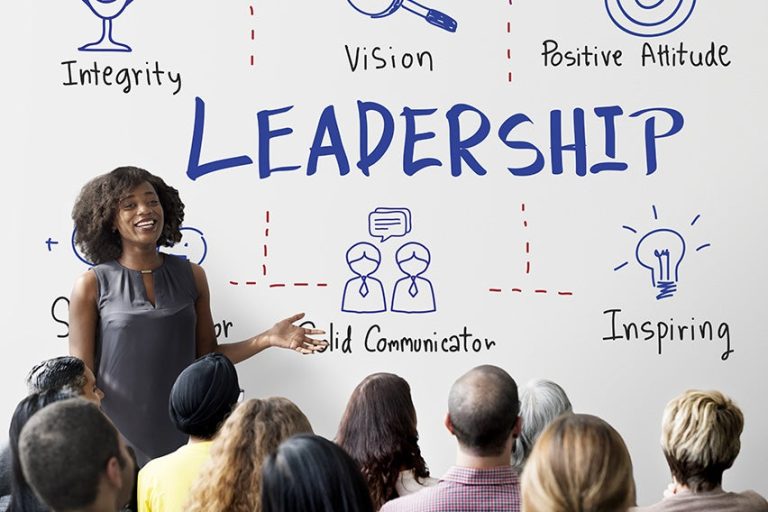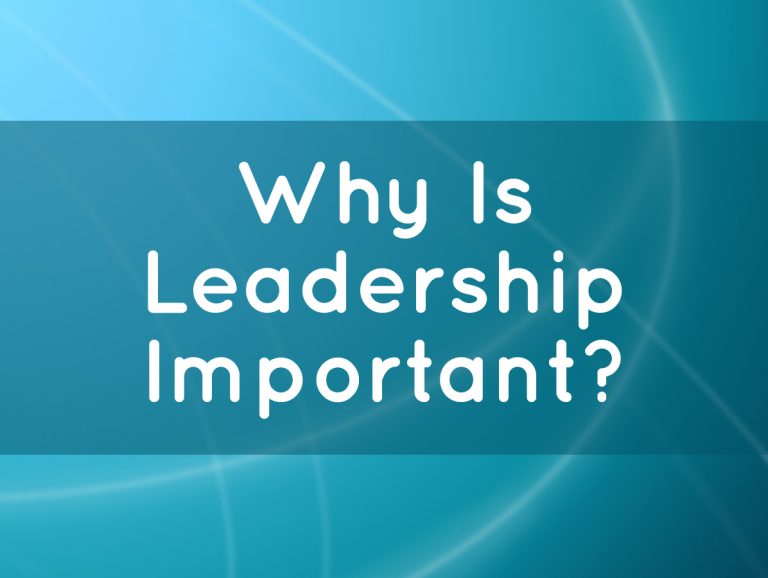What are the Pillars of Dei? Discover the Core Foundations
The pillars of Dei are foundational principles in many organizations. They represent core values that guide actions and decisions.
Understanding these pillars is essential for anyone involved in diverse environments. The pillars of Dei often include key elements like diversity, equity, and inclusion. These elements are crucial in creating fair and supportive spaces. By recognizing and implementing these pillars, organizations can foster better teamwork and innovation.
This blog post will delve into the specific pillars of Dei, explaining their significance and how they impact daily operations. Whether you are a leader or a team member, knowing these principles can help you contribute to a more inclusive and effective workplace. So, let’s explore what these pillars are and why they matter.

Credit: hr.mcleanco.com
Diversity
Diversity means having many kinds of people. People with different backgrounds, cultures, and ideas. It helps us learn from each other. It makes our world colorful and rich. Everyone is unique and special in their own way. Diversity brings new thoughts and ways to solve problems. It is important for growth.
There are many types of diversity. Some types are easy to see. For example, race, gender, and age. Other types are not visible. For instance, religion, education, and experiences. Each type adds value. Each type makes us stronger. Embrace all types of diversity.
Equity
Equity means giving everyone what they need to be successful. It is about fairness. People have different needs and circumstances.
Equality means treating everyone the same. But it doesn’t always work. Sometimes, people need extra help to catch up. So, equity is better than equality. It focuses on giving support where needed.
Inclusion
Inclusion means everyone feels they belong. This happens when people are accepted and respected. Differences are valued. Everyone’s voice is heard. Inclusion is more than just being present. It’s about being a part of the group. Active participation is key. Barriers are removed. Support is given. This helps people to thrive.
Creating inclusive environments is important. Start by understanding others. Learn about different cultures and backgrounds. Use positive language. Avoid stereotypes. Make spaces accessible. Adjust for different needs. Encourage open communication. Listen to everyone. Celebrate diversity. Host events that include everyone. Provide training on inclusion. This helps people understand its value. Reward inclusive behavior. Recognize efforts to include others. Support inclusive policies at work or school. This ensures fairness for all.

Credit: www.uniper.energy
Implementing Dei
Training is key. Educate all employees on DEI principles. Use workshops and courses. Make learning continuous and engaging. Leadership support is crucial. Leaders must promote DEI values. They should lead by example.
Policy changes are needed. Develop policies that support diversity. Ensure fair hiring practices. Provide equal opportunities for all. Encourage employee feedback. Use surveys and meetings. Address concerns promptly.
Resistance to change can be a challenge. Some people resist new ideas. Overcome this with clear communication. Explain the benefits of DEI. Show how it helps everyone.
Lack of resources is another issue. Sometimes, there are not enough funds. Use existing resources wisely. Seek external support if needed. Collaborate with other organizations. Share knowledge and tools.
Measuring Dei Success
Employee diversity is a key metric. Track the percentage of employees from different backgrounds. Representation in leadership roles is also vital. Are diverse voices in decision-making positions?
Inclusion surveys help understand if employees feel valued and included. Engagement scores can show how involved employees are. Retention rates of diverse employees indicate success. Promotion rates of diverse groups are crucial too.
Use diversity dashboards to track metrics. Employee feedback tools help gather input on inclusion. Training programs can educate about bias. Mentorship programs support diverse talent. Anonymous surveys give honest insights. Regular audits ensure practices are effective.

Credit: www.uniper.energy
Dei In The Workplace
A diverse team brings different views. This helps in solving problems better. People from different backgrounds add new ideas. This diversity makes the team strong. It also helps in understanding different customers. Diversity in teams is very important.
An inclusive culture means everyone feels valued. Everyone should feel part of the team. Respect and equality are key. People need to feel safe to share their thoughts. This helps in building trust. A happy team is a productive team.
Future Of Dei
Virtual reality (VR) training is becoming more common. It helps people understand others’ experiences. AI tools help in removing bias in hiring. They make processes fairer. Remote work promotes a more inclusive workplace. It allows people from different locations to work together. Flexible work hours help those with different needs. Parents and caregivers benefit a lot. Employee resource groups are growing. They support different communities within companies. Leadership diversity is also on the rise. More companies are focusing on having diverse leaders. Inclusive language is becoming a standard. It shows respect for all identities. Continuous learning about diversity is important. Workshops and seminars help in this.
Regular training for employees is key. It keeps everyone informed. Setting clear goals helps measure progress. Goals should be specific and achievable. Feedback loops are essential. They help improve DEI strategies. Top-down support ensures success. Leaders must show commitment. Celebrating diversity boosts morale. It makes everyone feel valued. Transparency builds trust. Share DEI progress with all employees. Mentorship programs support underrepresented groups. They help in career growth. Regular audits check the effectiveness of DEI initiatives. Adjustments can be made as needed. Community involvement strengthens DEI efforts. Partner with local organizations. Employee engagement is crucial. Involve employees in DEI activities.
Frequently Asked Questions
What Are The Main Pillars Of Dei?
The main pillars of DEI are Diversity, Equity, and Inclusion. Diversity focuses on representation, equity ensures fairness, and inclusion fosters a sense of belonging.
How Does Diversity Differ From Inclusion?
Diversity refers to the presence of differences, while Inclusion means creating an environment where everyone feels valued and accepted.
Why Is Equity Important In Dei?
Equity is crucial because it ensures that everyone has access to the same opportunities. It addresses systemic inequalities and promotes fairness.
What Role Does Leadership Play In Dei?
Leadership plays a pivotal role in DEI by setting the tone, creating policies, and ensuring practices that promote diversity, equity, and inclusion.
Conclusion
Understanding the pillars of DEI is crucial for fostering inclusive environments. These pillars help create spaces where everyone feels valued. Implementing DEI practices promotes fairness and respect. It enhances collaboration and innovation within organizations. Embracing DEI leads to stronger, more diverse communities.
Remember, small steps can make a big impact. Start today by recognizing and supporting these essential pillars. By doing so, we can build a more inclusive world for all.




